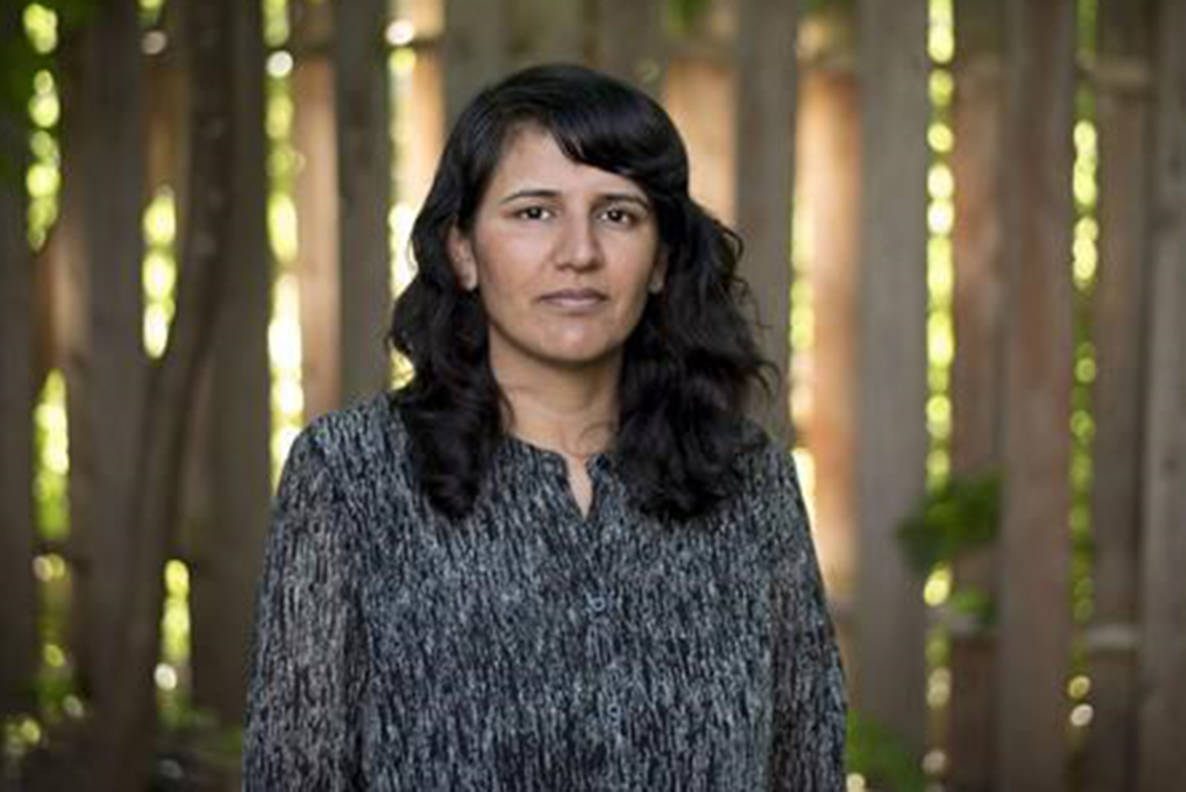A new report is calling on the federal government to reverse a policy that prevents non-permanent resident families living in Canada, including irregular migrants, from receiving the Canada Child Benefit.
Poverty advocates with Campaign 2000 say this policy is discriminatory and is “glaringly inconsistent” with Canada’s international obligations to protect human rights.
The report, released by a coalition of legal clinics and an anti-poverty network, estimates roughly 3,000 families are excluded from the Canada Child Benefit based on their immigration status. These include families in which parents do not have permanent status or who are still awaiting the outcome of their refugee claims.
This exclusion comes despite non-permanent families being required to pay income tax, said Jackie Esmonde, Staff Lawyer at the Income Security Advocacy Centre and the report’s primary author.
“The Canada Child Benefit is a powerful tool that the Prime Minister has acknowledged plays an important role in both driving economic growth and reducing child poverty,” Edmonde said in a news release. “Estimates are that the Canada Child Benefit will take up to 300,000 children in Canada out of poverty. But because it only benefits some children, it widens the gaps for others.”
The report says a far higher proportion, or 43 per cent, of non-permanent residents are living in poverty compared to 14 per cent of the general population.
Anita Khanna of Campaign 2000 calls this policy unfair and says it negatively affects the livelihoods and future outcomes of these families.
The report says that negative consequences include forcing women to stay in abusive relationships with partners who have status, or being forced to give up custody of their children. Advocates say it also sends the message that some children in Canada are less worthy of protection from poverty than others, perpetuating the discrimination and racism faced by families without permanent or long-term temporary status.
“What makes this exclusion worse is that these families are among those who are most likely to be in need,” Khanna said.
@ashwadhwani
ashley.wadhwani@bpdigital.ca
Like us on Facebook and follow us on Twitter.



